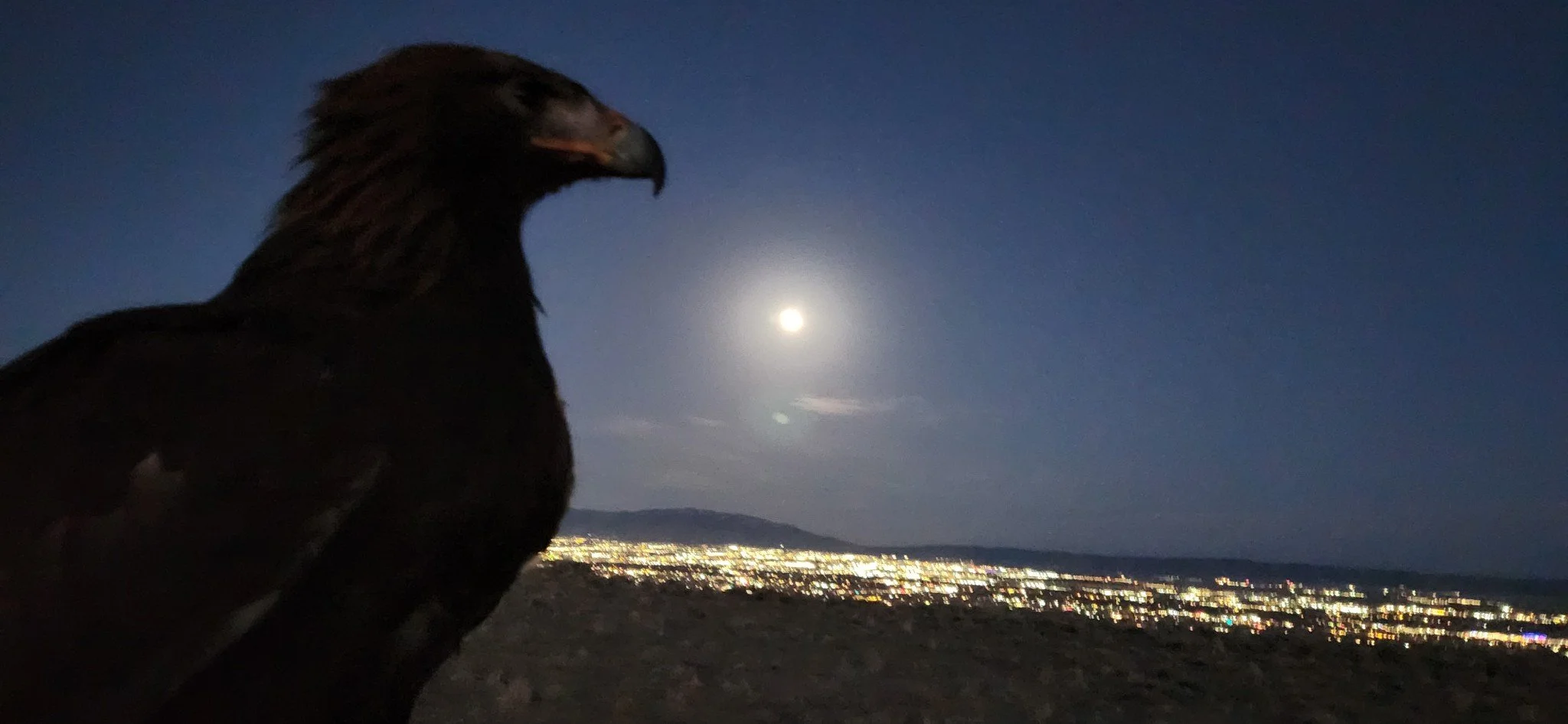why are we beholden?
Eleven years ago, born from my participation in the San Quentin Interfaith Restorative Justice symposia organized by the Men-In-Blue, I was asked on several occasions to provide a prayer in Yorùbá language. And as a result, I started showing up weekly to be with a group of Men-In-Blue who wanted to worship in the ways of indigenous Yorùbá culture. As a volunteer chaplain, I worked with men in Level 2 general population as well as providing religious support to men on condemned row (death row).
These are people who have done harm, some of it very serious. They are now also some of the best people I know through their deep commitment to being accountable – to be a “living amends” as they say – and to the work of healing for the people they’ve harmed. This means their victims, victim’s families and ancestors. Also their own. I acknowledge their harmful actions but I also have not yet met someone incarcerated – man or woman - who wasn’t first a victim who never received healing and support before committing their crime. Their commitment now is to everyone’s healing. These men have become brothers and community to me and I am beholden to them. They hold me accountable.
And this story of what they did in August 2024 shows how these men are models of peace necessary for a world awash in violence and hatred. Living isolated behind walls and disparaged as the worst of our society, these brothers are in fact living the healing that people on the outside seem to refuse.
As a “nature-based religion”, our religious group, Awon Ajobo Isese, received an outdoor “sacred grounds” to share with two other nature-based religious groups in the SQ recreation yard. There we could meet twice a week to study, support one another, and perform our ceremonies. Early this year, the Polynesian brothers were also hoping to find a sacred grounds but none was available. Knowing their need, our group agreed that we could share our grounds on our days, providing them with a few hours of our time.
Interestingly, prison officials resisted this and discouraged us. For us, however, it would be unthinkable to deny another group a location to connect to their ancestors and ancestral practices. So the Ifá brothers proceeded and prepared an ancestor welcome ceremony to welcome the Polynesian group as community in the grounds. On that day, our members stood with about 16 Polynesian members and spoke:
“Welcome! We are people of good character, honesty, and accountability. We acknowledge the land we are on and those whose lives and deaths nourish this land. Together, we must be people of peace, hospitality, cooperation, and brotherhood. We welcome you onto these grounds. Our ancestors welcome you on these grounds. May we all find joy and peace in cooperation and the celebration of your and our ancestors meeting here in brotherhood.”
They followed this with a ritual washing of hands and heads, each head (orí) being a kind of living shrine for the soul. In turn the Polynesian brothers shared chants and a haka to honor this coming together. A spontaneous conversation arose between the Tongan and Samoan members committing to healing the inherited wounds of war that had existed in previous centuries between their ancestors. Few eyes were dry. In a later conversation, one of the younger members said to others, “why can’t more people be doing this?”
His question is a real one. And it is born from the soul-work of people willing to be accountable, to make hard decisions and take uncomfortable actions for the sake of healing ourselves, our ancestors, and those yet to come. Prisons are rife with politics, racisms, sexisms, factions and a hovering violence. Yet, out of precarity these men forged beauty and peace for a better world. We need these men – these fathers, sons, uncles, brothers, husbands - back home so they can be the leaders we can’t find elsewhere.
I have such respect and admiration for all these brothers and am humbled by their sincerity and heart. I am beholden to them as members of my family-community so I too must strive for the high bar of accountability and peace they are modeling for the world. Our inter-dependence models the ethic and spirit of BEHOLDEN and the work we do. Would that the world might notice where the healing is happening and be the better for it.
Noël Amherd

